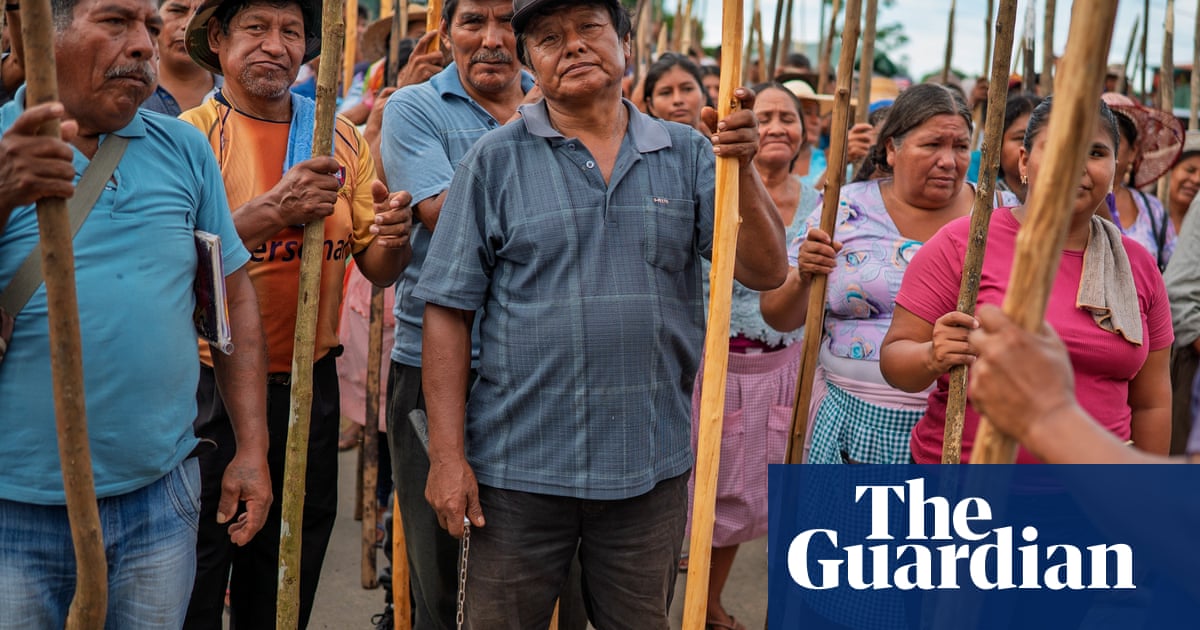The article provides an intriguing glimpse into the life of Evo Morales, a former president of Bolivia, who is currently evading arrest. The portrayal of Morales in a jungle hideout surrounded by supporters sets a dramatic scene that raises questions about the political and social climate in Bolivia. This narrative not only captures the essence of a political figure in crisis but also reflects on broader issues facing the Bolivian society and its democratic framework.
Political Context and Allegations
The mention of Morales facing arrest warrants due to serious allegations, including child trafficking, paints a controversial picture. This aspect of the story may serve to undermine his political credibility, especially as he attempts to make a political comeback by running for a fourth term. The article suggests that Morales is attempting to position himself as a victim of political machinations, blaming current President Luis Arce for Bolivia’s economic crisis. This framing can evoke sympathy among his supporters while simultaneously alienating those who oppose him.
Public Perception and Manipulation
The choice of language and imagery in the article seems designed to evoke strong emotional responses from readers. Describing Morales’s hideout as a "low-budget movie set of a Bolivian Game of Thrones" adds a layer of surrealism, which can either detract from the seriousness of the situation or dramatize it for effect. This could be interpreted as a manipulation of public perception, aiming to create a more sensational narrative that distracts from the gravity of the allegations against him.
Implications for Democracy
The implications of this situation for Bolivian democracy are significant. Morales's defiance of constitutional norms could lead to further political instability. The article hints at an upcoming election without Arce, which raises questions about the future balance of power in Bolivia. This scenario could provoke divisions within society, as factions rally around different political figures and ideologies.
Support Base and Community Reaction
The article suggests that Morales continues to maintain a strong support base, particularly among those who view him as a champion of socialism and indigenous rights. This group may feel disenfranchised by the current administration, leading to heightened tensions between supporters and opponents of Morales.
Impact on Financial Markets
While the article does not explicitly address the implications for financial markets, the political instability in Bolivia could have repercussions for foreign investment and economic conditions. Sectors linked to coca production, agriculture, and mining might be particularly sensitive to changes in governance and public policy.
Global Power Dynamics
In terms of global power dynamics, Morales's situation reflects ongoing struggles in Latin America regarding governance, corruption, and social justice. As Bolivia grapples with these issues, it remains a microcosm of broader regional challenges that may resonate with international observers, especially in light of current global discussions about democracy and human rights.
Use of Artificial Intelligence
There is no explicit indication that artificial intelligence was used in writing this article. However, the style and structure suggest a professional journalistic approach that could benefit from AI tools in terms of data analysis or audience engagement metrics. Nonetheless, the narrative tone and specific language choices seem to indicate human authorship.
In conclusion, the article presents a complex narrative that intertwines personal drama with significant political implications. The reliability of the information hinges on the balance between sensationalism and factual reporting, making it essential for readers to consider multiple perspectives when digesting the news. The portrayal of Morales is likely aimed at generating a specific public reaction, complicating the narrative of his political ambitions and the state of democracy in Bolivia.
